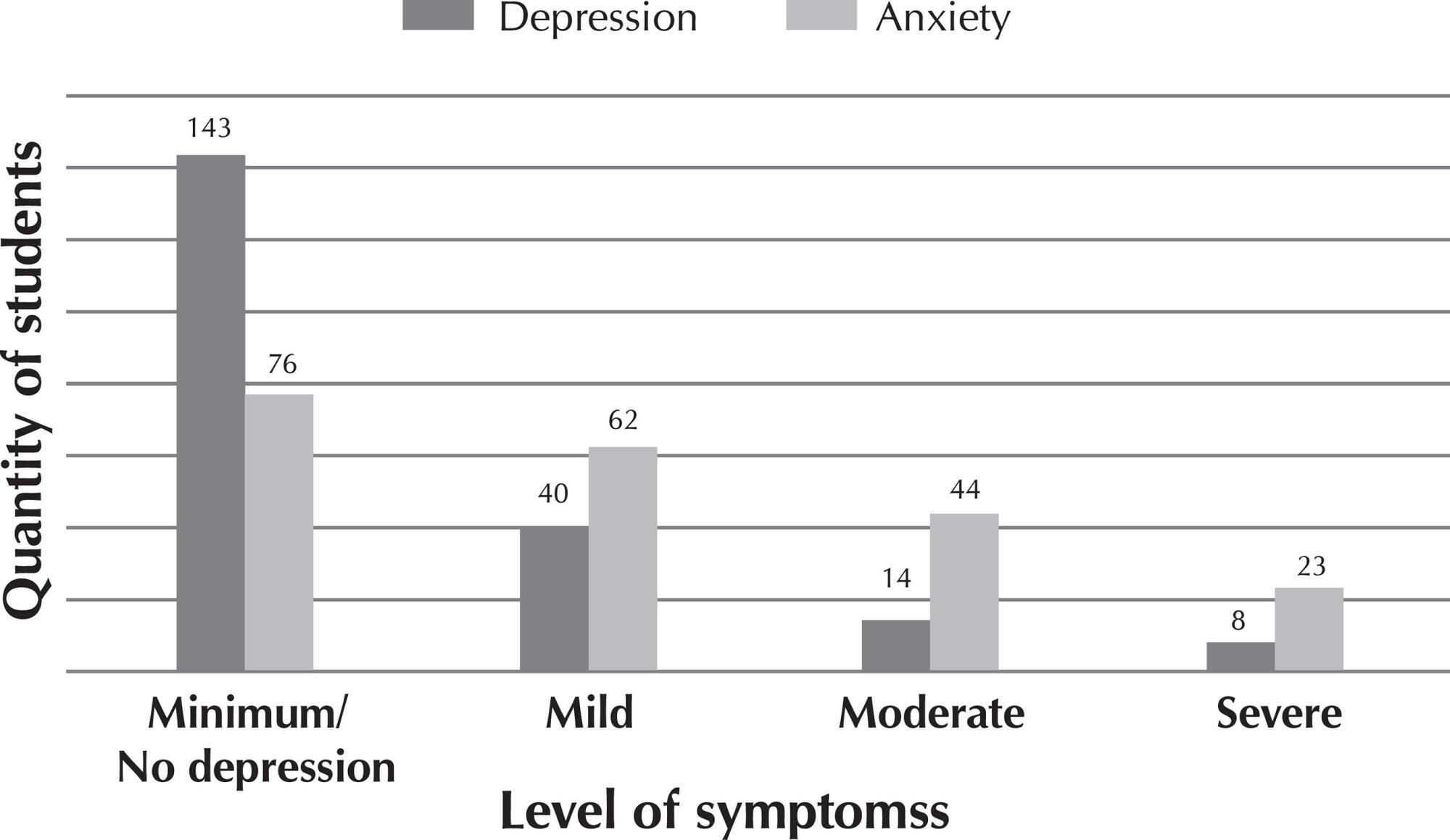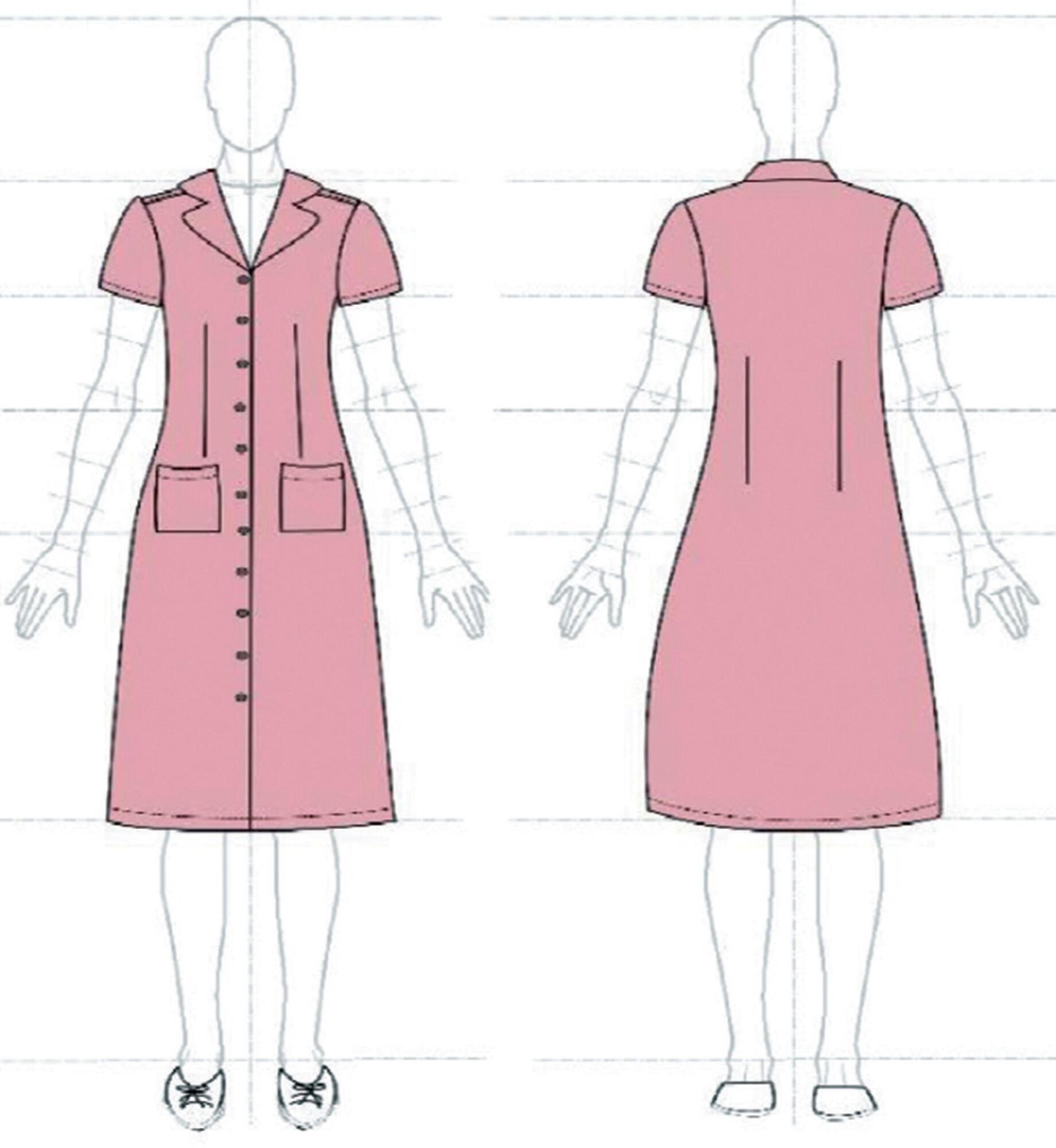-
EXPERIENCE REPORT
Step-by-step approach to reopening a Brazilian higher education institution during the COVID-19 pandemic
Revista Brasileira de Enfermagem. 2022;75(6):e20210807
06-24-2022
Resumo
EXPERIENCE REPORTStep-by-step approach to reopening a Brazilian higher education institution during the COVID-19 pandemic
Revista Brasileira de Enfermagem. 2022;75(6):e20210807
06-24-2022DOI 10.1590/0034-7167-2021-0807
Visualizações0Ver maisABSTRACT
Objectives:
to describe the experience of reopening a Brazilian higher education institution during the COVID-19 pandemic.
Methods:
experience report of a step-by-set approach to reopening a nursing higher education institution in São Paulo, Brazil, from May 2020 to May 2021.
Results:
the plan was created and operated by a group including students, professors, and technical-administrative workers. Weekly or by-weekly meetings occurred according to changes in the epidemiological situation and the needs to review the local technical and political agreements.
Conclusions:
we suggest that reopening plans during the COVID-19 pandemic should be politically and technically legitimated by all members of the community of a higher education institution so that they can take place quickly and sustainably. The early identification of COVID-19 cases and the adoption of local administrative measures are necessary to reduce the risk of outbreaks.

-
ORIGINAL ARTICLE
Entrepreneurship among Undergraduate Nursing Students at a public university
Revista Brasileira de Enfermagem. 2022;75(1):e20201388
09-29-2022
Resumo
ORIGINAL ARTICLEEntrepreneurship among Undergraduate Nursing Students at a public university
Revista Brasileira de Enfermagem. 2022;75(1):e20201388
09-29-2022DOI 10.1590/0034-7167-2020-1388
Visualizações0Ver maisABSTRACT
Objectives:
to identify undergraduate nursing students' entrepreneurial tendency at a public university.
Methods:
cross-sectional study, with a quantitative approach, with 135 undergraduate nursing students from a public university in the interior of the state of Rio Grande do Sul, Brazil. Data were collected using a socio-professional characterization form and a General measure of Enterprising Tendency test and analyzed using descriptive statistics.
Results:
among the five entrepreneurial tendencies, students presented results equal or above average in two dimensions: Drive and Determination (82.2%) and Need for Success (51.1%). The Creative tendency was the dimension with the highest percentage of participants below the average (68.9%). However, students in research or extension groups scored equal or above average in all five entrepreneurial tendencies.
Conclusions:
students showed low entrepreneurial tendencies, indicating the need for a broader approach to the subject in nursing education.
-
RESEARCH
Prevalence of anxious and depressive symptoms in college students of a public institution
Revista Brasileira de Enfermagem. 2018;71(suppl 5):2169-2175
01-01-2018
Resumo
RESEARCHPrevalence of anxious and depressive symptoms in college students of a public institution
Revista Brasileira de Enfermagem. 2018;71(suppl 5):2169-2175
01-01-2018DOI 10.1590/0034-7167-2017-0752
Visualizações0Ver maisABSTRACT
Objective:
Identify the prevalence of anxious and depressive symptoms and their correlations with sociodemographic and occupational characteristics in university students.
Method:
This is census, cross-sectional and analytical study, developed with nursing students of a federal public university in the Northeast of Brazil in the months of September and October 2016. 205 university students of all the periods of the course attended the study. Beck’s inventories for anxiety and depression were applied.
Results:
Most of the participants were female, single, native of the state capital and living with his parents. The prevalence of depression was 30.2% and of anxiety, 62.9%. Association between the level of depressive symptoms, work, sex and leisure was identified.
Conclusion:
The prevalence of symptoms of anxiety and depression was quite expressive, lacking, thus, more attention to the promotion of mental health of nursing students.





